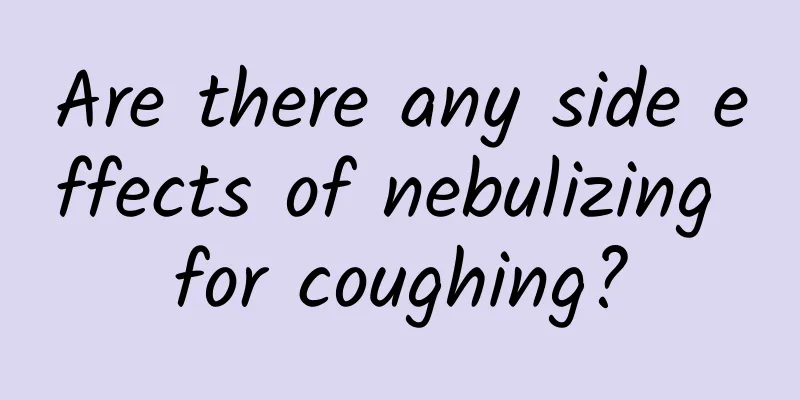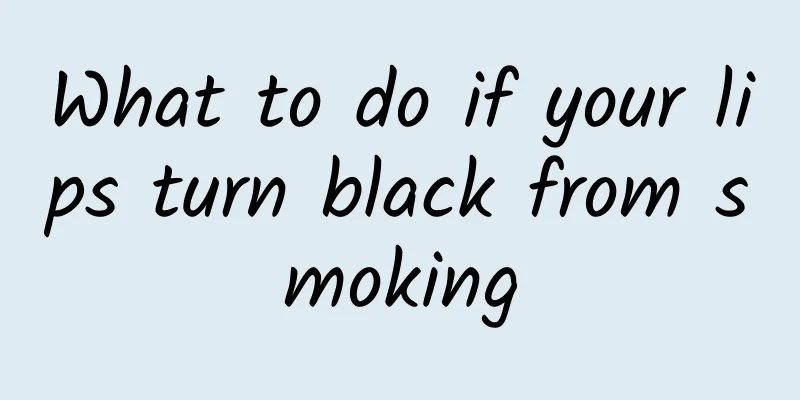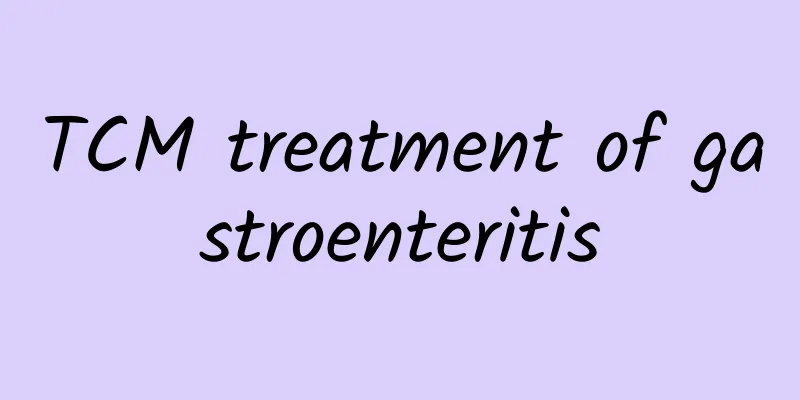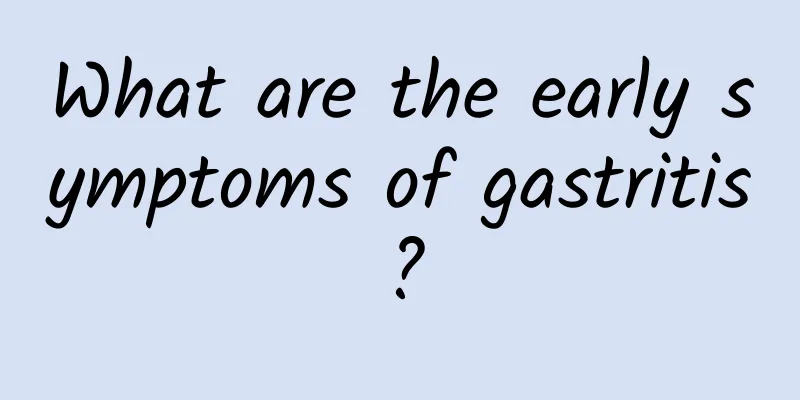Are there any side effects of nebulizing for coughing?

|
Nebulizer is a medical device widely used in the treatment of pharyngitis, because nebulizer mainly atomizes some drugs through instruments and then allows the human body to absorb them to achieve therapeutic effects. Therefore, some people often choose nebulization treatment after suffering from cough and pharyngitis, and the effect of nebulization treatment on the human body is also more obvious. But will nebulization treatment for cough have side effects on the human body? What is nebulization? Nebulization is just a way of administering medicine, just like injection, oral administration, infusion, etc. Nebulization is the process of turning drugs into mist-like particles using a nebulizer, which is then inhaled directly into the human respiratory tract and lungs through breathing, and can effectively treat respiratory-related diseases. Just like when you have a skin disease, you apply the medicine directly on the skin. Atomization delivers the medicine directly to the diseased part of the respiratory system. The effect will be faster and there will be fewer side effects. Therefore, nebulization is not like inhaling drugs like breathing smog, so as long as you follow the doctor's advice, there will be no side effects when using nebulization. What diseases in children can be treated with nebulization? We all know above what diseases nebulization therapy is used for. Therefore, when children suffer from bronchitis, bronchial asthma, pneumonia, allergic cough, rhinitis, pharyngitis and other diseases, nebulization treatment can be used. Respiratory tract infections with difficulty in sputum discharge can also be treated with nebulization. Some people say that nebulization is harmful to children. Is it true? You will know by comparing: Many parents are worried that nebulization will harm their baby's body. Let's compare the three methods of medication, infusion, and nebulization: Taking medicine: When you take medicine orally, the medicine will be processed and absorbed by the digestive organs, and then circulated in the blood to deliver the medicine to the lungs. Infusion: Giving your baby an intravenous injection also allows the drug to circulate through the blood and then be delivered to the lungs. Nebulization: Nebulization is performed on the baby, and the baby breathes directly to deliver the medicine through the trachea directly to the lungs. In summary, the physical method of drug administration is more convenient, and can effectively reduce the dosage of medication and minimize the damage of drugs to other organs. Therefore, nebulization is easy to use, has fewer side effects and effects, and is more effective than taking medicine or intravenous infusion. |
<<: Side effects of hemangioma injections
>>: Side effects and contraindications of moxibustion
Recommend
Can sweat steaming cure rheumatism?
Rheumatism is relatively common in life and is qu...
Sequelae of salpingography
The fallopian tube is a very important part of th...
Multiple calcifications in the liver
Organ calcification is an important problem and t...
Common gastric symptoms
The stomach is a very important organ in our huma...
Red spots on back that don't hurt or itch
It’s hot in the summer, and many women like to we...
What can you eat to reduce internal heat the fastest?
It is inevitable to get angry in daily life. Of c...
Phelps, who used Chinese medicine cupping, became popular in the Olympics. Do you still not believe in Chinese medicine?
Yesterday, in the men's basketball group stag...
Can Japanese encephalitis be cured?
Japanese encephalitis is a very common disease at...
Nursing after complete lung resection
For patients with more serious lung diseases, in ...
Why do children have yellow ears?
If parents find that their children's ears ar...
I have a fever again during the recovery period of Kawasaki disease
Kawasaki disease is clinically called pediatric m...
The effect of Yao medicine bath
Some people are not very clear about Yao medicine...
What are the skin diseases caused by blood toxins?
Blood toxins are a type of skin allergy caused by...
How to check for allergens in children
Some babies are allergic to certain things, so it...
Can nasal septum cartilage regenerate?
The structure of the nose is very complex and dif...









